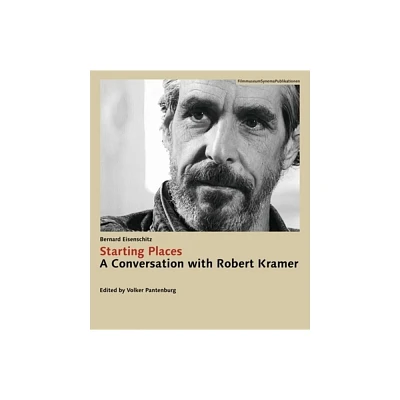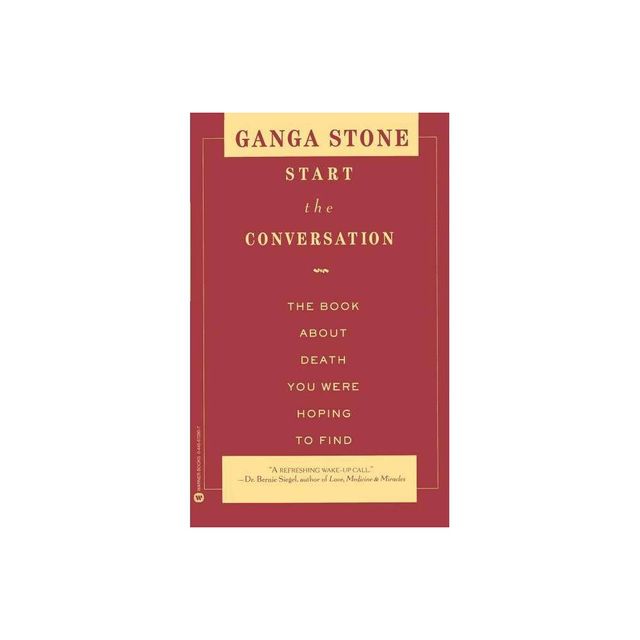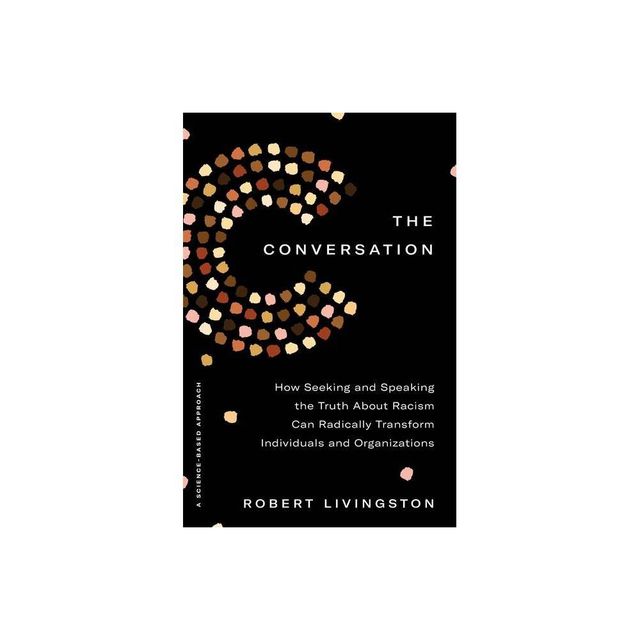Home
Starting Places: A Conversation with Robert Kramer
Loading Inventory...
Barnes and Noble
Starting Places: A Conversation with Robert Kramer
Current price: $30.00


Barnes and Noble
Starting Places: A Conversation with Robert Kramer
Current price: $30.00
Loading Inventory...
Size: OS
*Product Information may vary - to confirm product availability, pricing, and additional information please contact Barnes and Noble
In summer 1997, French film critic and historian Bernard Eisenschitz met with Robert Kramer three times to speak in detail about Kramer’s life and work, covering thirty years of filmmaking. The exchange between friends starts with his early, activist years and his involvement with the Newsreel Collective, considers essential films like
Ice
(1969) and
Milestones
(1975), and traces Kramer’s orientation towards Europe and relocation to France in the late 1970s. Going back and forth between Europe, the USA, Portugal, and Vietnam, Kramer was consistently able to work and make films like
Doc’s Kingdom
(1987),
Route One/USA
(1989), and
Starting Place
(1993). He passed away in 1999.
The conversation was published in French in 2001 as
Points de départ
. More than 20 years later,
Starting Places: A Conversation
with Robert Kramer makes this illuminating account of a “mid-Atlantic” filmmaker available in its original language for the first time. The book is complemented by three of Kramer’s essays from the 1980s and 1990s and an updated bibliography and filmography.
Ice
(1969) and
Milestones
(1975), and traces Kramer’s orientation towards Europe and relocation to France in the late 1970s. Going back and forth between Europe, the USA, Portugal, and Vietnam, Kramer was consistently able to work and make films like
Doc’s Kingdom
(1987),
Route One/USA
(1989), and
Starting Place
(1993). He passed away in 1999.
The conversation was published in French in 2001 as
Points de départ
. More than 20 years later,
Starting Places: A Conversation
with Robert Kramer makes this illuminating account of a “mid-Atlantic” filmmaker available in its original language for the first time. The book is complemented by three of Kramer’s essays from the 1980s and 1990s and an updated bibliography and filmography.


















